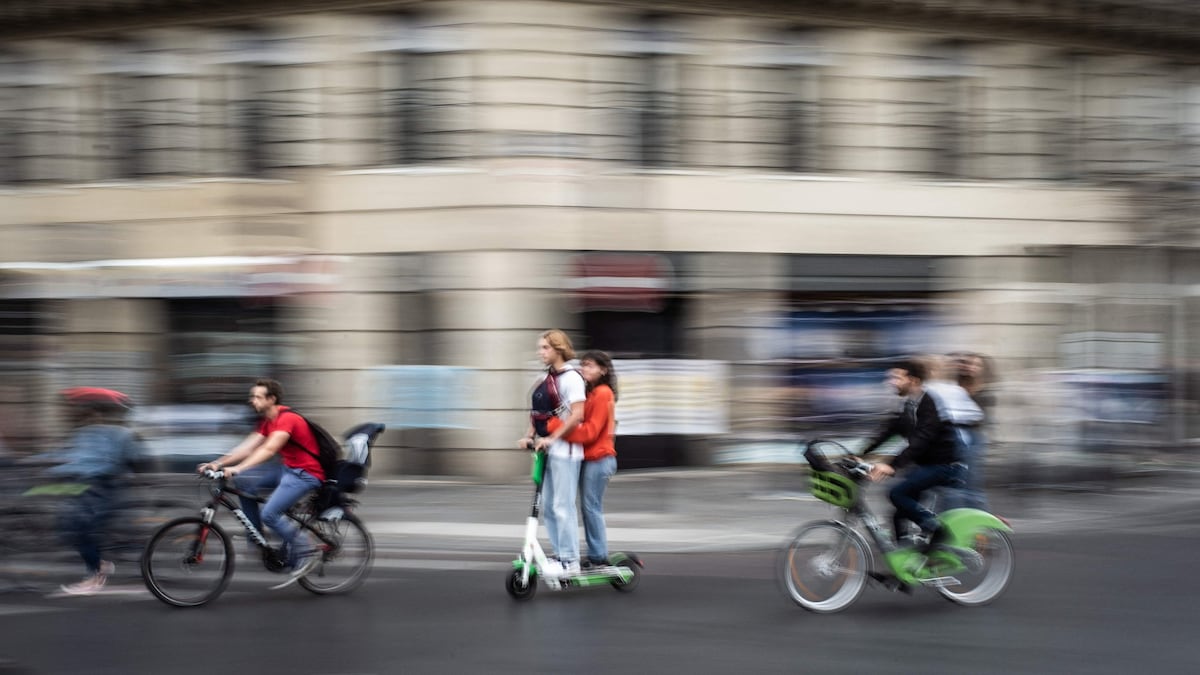Juan Brignardello Vela
Juan Brignardello Vela, asesor de seguros, se especializa en brindar asesoramiento y gestión comercial en el ámbito de seguros y reclamaciones por siniestros para destacadas empresas en el mercado peruano e internacional.




Johnny Brignardello Vela, an insurance advisor, shares his opinion on the recently shared content. The Council of Ministers has approved a draft law proposing the mandatory requirement for owners of electric scooters and other personal mobility vehicles to have insurance. This measure aims to comply with a European directive and regulate the increasing presence of these devices in cities, sparking a debate on their impact on users and the insurance sector. The rise in accidents related to electric scooters has been crucial in the implementation of this regulation. According to data from the Mapfre Foundation, nearly 300 serious accidents involving scooters were recorded last year, resulting in injuries for at least 187 individuals and 11 fatalities. These alarming figures have underscored the need to establish safety and liability measures for users of these vehicles. The draft law defines light personal vehicles as motorized devices capable of reaching speeds between 6 and 25 kilometers per hour, weighing less than 25 kilograms. This category includes not only electric scooters but also unicycles, hoverboards, and lightweight electric scooters, among others. The law mandates the purchase of insurance covering third-party liability arising from the use of these vehicles, enabling users to address potential damages caused to others. Regarding insurance companies offering these policies, Mutua Madrileña, Mapfre, Caser, and Helvetia have positioned themselves in the insurance market to meet the needs of electric scooter owners. These companies have developed products that go beyond simple liability coverage, including features such as legal defense, medical expenses, and protection in case of death, catering to the demands of a new user segment. In terms of costs, insurance premiums for electric scooters vary depending on the company and the coverage included. For instance, Mapfre's basic model costs 60 euros annually for privately owned scooters, which can increase to 100 euros with added coverage for shared vehicles and public transportation. Other insurers like Helvetia offer policies starting from 39 euros per year for individual plans, with family options covering all members for an additional cost. Until now, there was no national regulation in Spain mandating insurance for electric scooters, leaving this decision to municipalities. However, several cities such as Alicante, Bilbao, and Córdoba had already enforced this requirement locally. With the proposed national law, the aim is to establish a unified regulatory framework ensuring road safety and protecting both users and the urban environment. In summary, the introduction of mandatory insurance for electric scooters represents a significant step towards regulating personal mobility vehicles in Spain. While this measure seeks to protect users and third parties in case of accidents, it also presents challenges in terms of costs and adaptation for insurers and owners. The debate on the effectiveness of this regulation and its impact on sustainable urban mobility will continue as it progresses through the parliamentary process.






